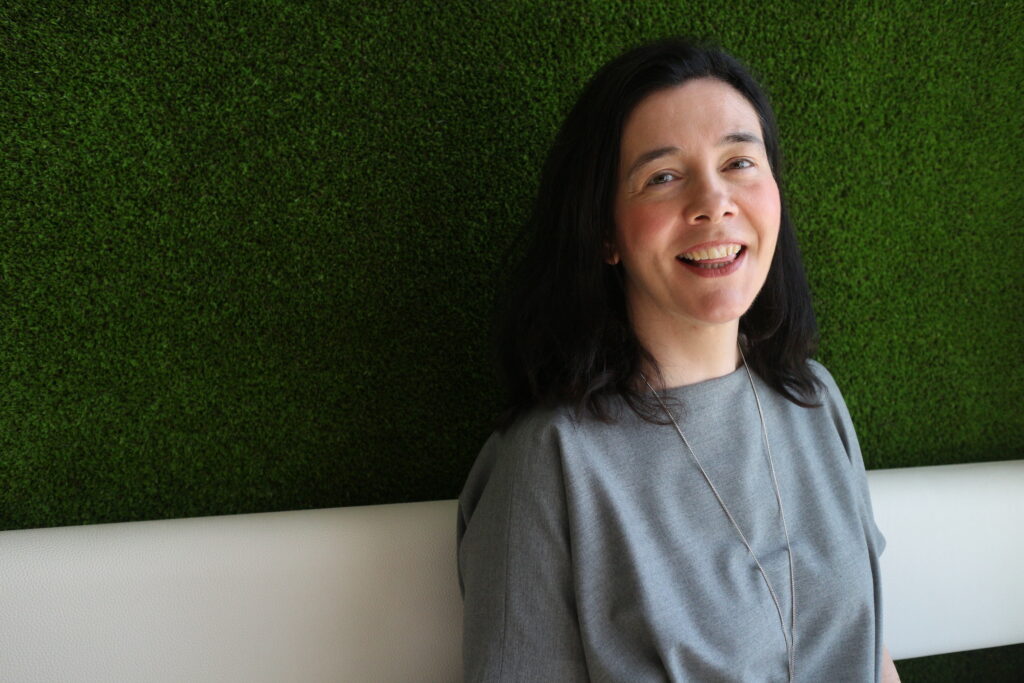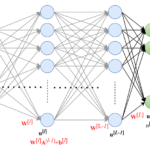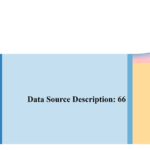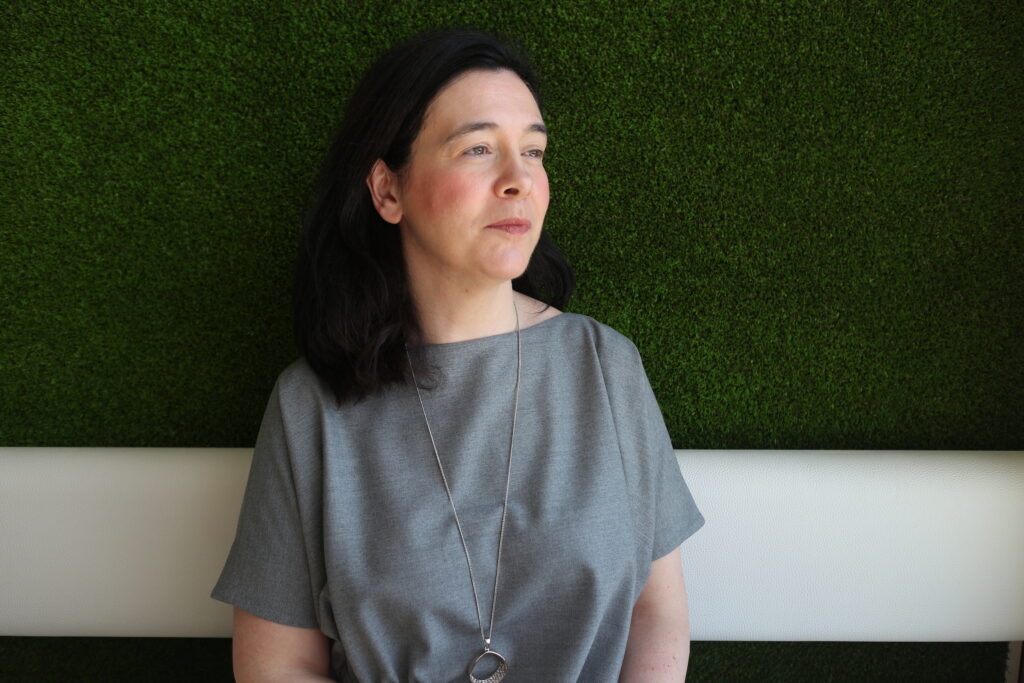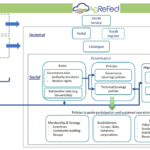
“There’s an argument out there that scientific data is not biased. But it’s people that decided to collect that data, and it’s people that are deciding what to collect within that and how they’re coding it and what they decide to omit. And data collected about people, we have a tendency to think that that data is going to help them but so many times, it’s not shared back with the community. So many times, it’s just for a publication or a project. I think it would be great if there were more positionality statements with our data to kind of give a little bit extra insight.
That’s kind of what I feel like I bring – that I bring up things and question things, and say why are we doing this? Or have we thought about this? But I’ve also been told that the way that I think about things and talk about things brings more vulnerability, and allows others to be vulnerable. I’m constantly learning. I’ve learned from this data community, everything that I know. I’m in it. I almost like, don’t want people to know that I might not know everything, but it’s so silly, because nobody knows everything. And so if I’m struggling, then I think somebody else might be struggling. That’s why it’s great to have the community because I can go to someone else to talk about this, or to get information. I don’t have to know everything.”

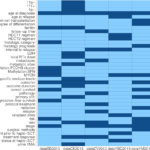 Title: A Survey on Publicly Available Open Datasets Derived From Electronic Health Records (EHRs) of Patients with Neuroblastoma
Title: A Survey on Publicly Available Open Datasets Derived From Electronic Health Records (EHRs) of Patients with Neuroblastoma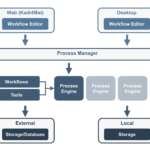 Title: KadiStudio: FAIR Modelling of Scientific Research Processes
Title: KadiStudio: FAIR Modelling of Scientific Research Processes






